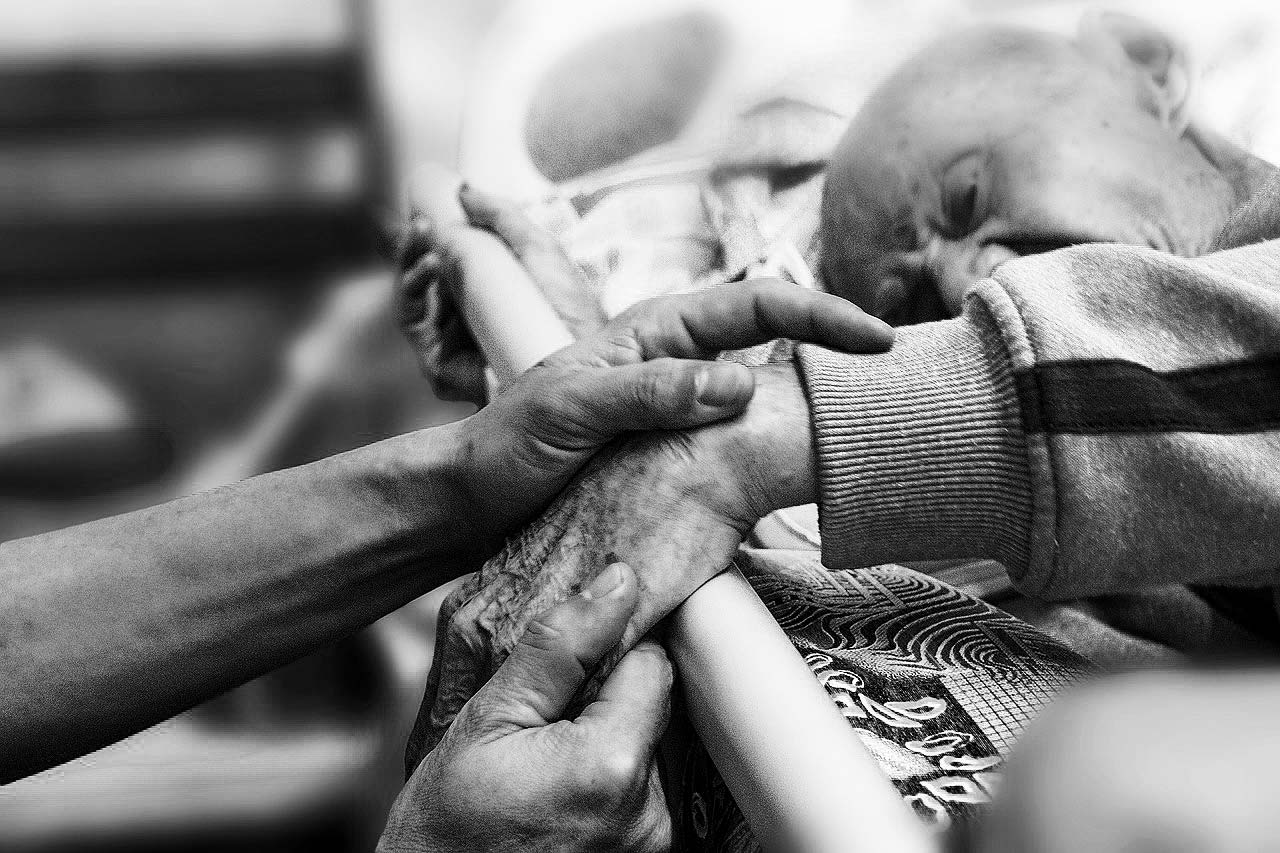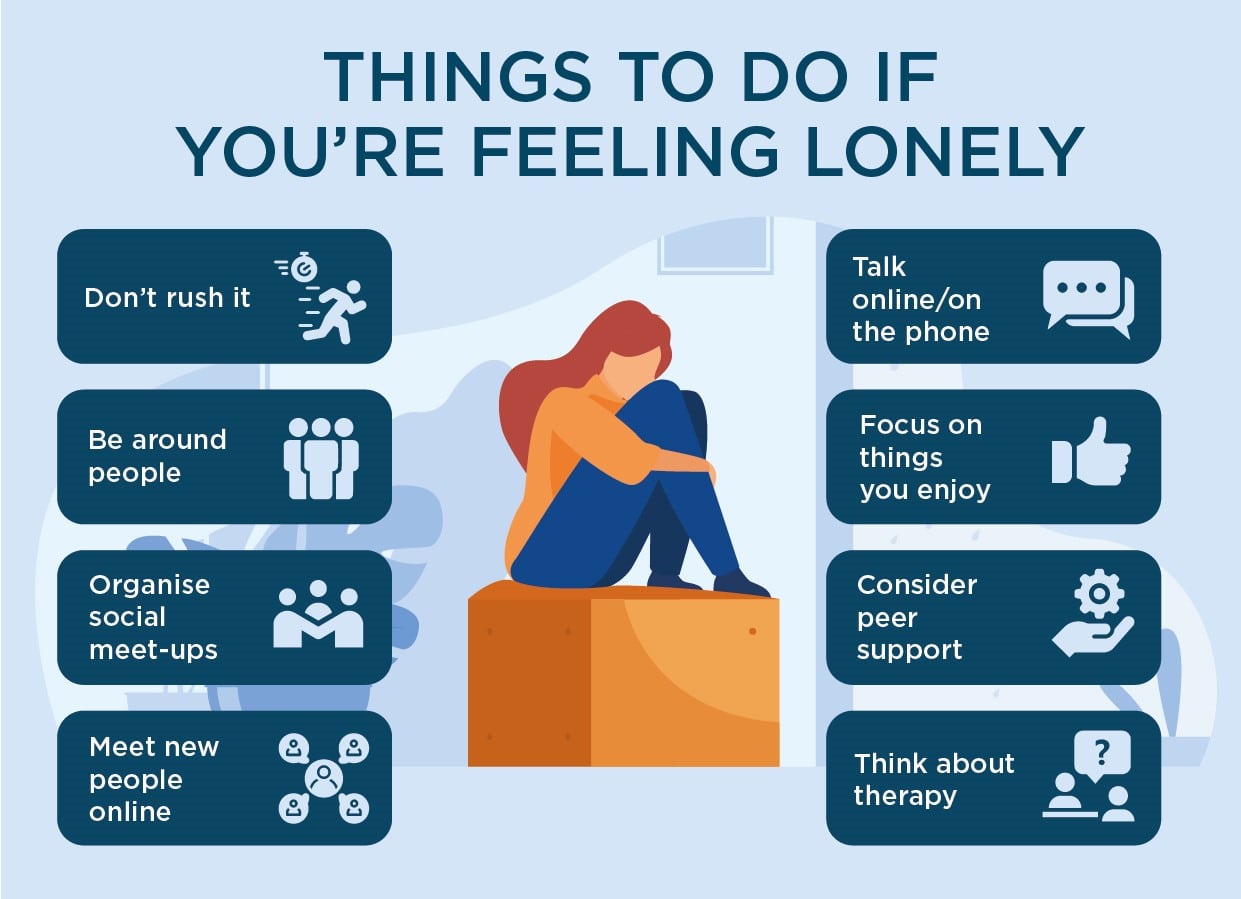Loneliness is more than just feeling alone. It’s a gnawing emptiness that can erode our mental and physical health. Often called a “silent threat,” loneliness has been linked to a startling array of health issues, making it crucial to understand and address it effectively.

The Dark Side of Loneliness
Research paints a concerning picture. Loneliness can increase the risk of premature death by as much as 26%, putting it on par with the dangers of smoking 15 cigarettes a day. It also elevates the risk of heart disease, stroke, anxiety, depression, and dementia.

This isn’t just a theoretical concern. Millions struggle with chronic loneliness, especially older adults who may face bereavement, physical limitations, or social isolation. Imagine feeling like television or the radio is your primary source of companionship – a grim reality for many.
Why Do We Feel Lonely?
Loneliness can strike anyone, at any age. While social isolation, the lack of social connections, is a significant factor, loneliness can also stem from:
Loss: The death of a loved one, a breakup, or even moving away from familiar surroundings can trigger loneliness.

Life Changes: Retirement, caring for a loved one, or even losing eyesight or hearing can drastically limit social interaction.

Mental Health Struggles: Depression, anxiety, and other mental health conditions can make it difficult to connect with others.

The Stigma of Loneliness
One of the biggest hurdles in overcoming loneliness is the stigma attached to it. Many feel ashamed to admit they’re lonely, internalizing it as a personal failing. This silence prevents them from reaching out for help, perpetuating the cycle of isolation.

Breaking Free: Strategies to Combat Loneliness
The good news is that loneliness doesn’t have to be a life sentence. Here are some practical steps you can take to reconnect and combat loneliness:
- Acknowledge and Address: The first step is recognizing the signs of loneliness and admitting it to yourself.
- Reconnect with Old Friends and Family: Reach out to loved ones you may have lost touch with. Even a simple phone call can make a difference.
- Embrace Activities: Pursue hobbies, join a club, or volunteer for a cause you care about. These activities provide opportunities to meet new people and build social connections.
- Seek Professional Help: Talking therapy can be a powerful tool for processing loneliness and developing coping mechanisms. Don’t hesitate to seek help from a qualified therapist.
- Embrace Technology: While excessive social media use can be detrimental, online communities and groups focused on shared interests can offer connection and support.

Remember, you are not alone in feeling lonely. By understanding the risks, challenging the stigma, and taking steps to reconnect, we can all create a more supportive and connected society where loneliness no longer has the power to harm us.













